Are you sitting in an Indian restaurant feasting on your favorite curry and breaking out in a sweat? That's not surprising. If you look around you will see that other diners also have sweat on their foreheads. What you experience there and see with your own eyes is that food affects how much you sweat. And that doesn't just apply to spicy food: other foods can also cause you to sweat more (or less). So if you sweat a lot, it's worth taking a critical look at your diet.
Fact or fable?
It may sound like a fable, but medical experts also agree that certain foods can cause sweating. And there are good, scientific explanations for this. In this article, we will not only tell you which foods aggravate or reduce sweating, but also explain why. So you can understand what those foods do to your body and how they affect your sweat production.
Foods that make you sweat
When you eat, part of the energy is used to digest the food. How much energy is needed to do this varies by food, as some foods are easier to digest than others. Foods that are difficult to digest cause your body to have to work harder, releasing more body heat. This is also known as the thermal effect of food. When your body heat rises from eating those foods, you automatically sweat more.
Of all nutrients, proteins are the most difficult to digest. Breaking down proteins takes a lot of energy and thus involves increased body heat and sweat production. Perhaps you've heard of the phenomenon of "meat sweat," or sweat from eating meat? That might actually exist - after all, meat contains a lot of protein.
Fatty, processed foods are also difficult to digest and therefore cause a spike in your body heat. Processed foods contain little fiber and enzymes needed for healthy digestion. In addition, they often contain a lot of fat and your body has to work overtime to break it down. So ready-made meals, fast food and frying are out of the question.
Digesting sweet, carbohydrate-rich foods is also a tough job for your body. Besides making your body work hard to break down sugar and carbohydrates, they cause your blood sugar levels to rise. In response, your body may release the hormone insulin, which in turn can lead to hypoglycemia. One of the symptoms of this is sweating. So be careful with comfort foods like pasta and ice cream.
By the way, that delicious Indian curry causes you to sweat in a completely different way. Spicy foods like red peppers contain a chemical called capsaicin. That chemical stimulates receptors in the skin that normally respond to heat. As a result, your central nervous system thinks you are hot and your body begins to sweat. Capsaicin thus fools your body, so to speak, and convinces it that you are hot when you are not.
It is also sometimes said that foods high in salt cause more sweating, because your body would excrete the excess salt by sweating more. But there is no scientific evidence for this theory.
So what can you eat?
To prevent a spike in your body heat and sweat production, it's best to eat light, plant-based meals. You give your body a helping hand with foods that are easy to digest. These include green leafy vegetables, olive oil, oatmeal, bananas and sweet potatoes.
If you sweat a lot, it is also recommended that you eat lots of fruits and vegetables with high moisture content. These are not only easily digestible, but also replenish the fluids you lose through sweating. As a snack, take, for example, (water)melon, grapes, peppers, cucumbers or radishes.
Sweating causes you to lose minerals in addition to fluids. These are necessary for the proper functioning of your nervous system, which regulates sweating. It is therefore important to replenish those minerals. Magnesium in particular is essential, because it strengthens your body's ability to deal with daily stressors. And those very stressors are often what cause you to sweat. You can provide an extra dose of magnesium by eating almonds, pumpkin, spinach and soybeans.
Vitamin B also helps your body better deal with stress. When you experience stress, your body produces hormones such as cortisol and adenaline. Under the influence of those hormones, you experience increased heart rate, breathing and sweat production, among other things. Vitamins B6, B9 and B12 help your nervous system regulate stress hormones and thus reduce sweating. You get vitamin B from fish, beans and lentils, among other sources. If you find it difficult to get enough vitamin B, you can also take a supplement.
Drinks you'd better avoid
Are you an avid coffee drinker of the type who drinks away at least ten cups of coffee a day? Then you might want to avoid it. Caffeine makes you sweat. It has a stimulating effect on the central nervous system and causes the production of adrenaline, which activates the sweat glands.
Alcohol, when consumed in excess, can also cause sweating. It causes the blood vessels in your skin to dilate, warming up your skin and making you sweat more. So if you do like a stiff drink, it can cause you to sweat extra much.
Drinks with a positive effect
To stay well hydrated, it is important to drink plenty of water. When your body is hydrated, it helps regulate your body temperature. And when your body temperature is up to par, your body does not need to sweat to cool it down.
Green tea and chamomile tea are known for their calming effect on the nervous system. A cup of tea can help you relax and thus reduce sweating due to stress. Just make sure you use decaffeinated green tea.
Wheatgrass juice is a natural detox drink that neutralizes and dilutes toxins in your blood. It's also packed with vitamin B - and you've read above why that's important. An added benefit is that it reduces the foul smell of sweat.
Tomato juice has active ingredients that cause your pores to contract and reduce chronic sweating. To achieve that effect, you need to drink about two glasses of tomato juice a day.
Foods and sweat odors
Some foods don't make you sweat more, but they do make your sweat smell different. This is true, for example, of onion and garlic. Both onion and garlic contain the chemical allicin, which is converted by your body into a sulfur compound. This gives your breath and sweat a specific smell. Not a good idea prior to an intimate date.
All in a row
In summary, it is best to avoid the following foods and drinks:

Fact or fable?
It may sound like a fable, but medical experts also agree that certain foods can cause sweating. And there are good, scientific explanations for this. In this article, we will not only tell you which foods aggravate or reduce sweating, but also explain why. So you can understand what those foods do to your body and how they affect your sweat production.
Foods that make you sweat
When you eat, part of the energy is used to digest the food. How much energy is needed to do this varies by food, as some foods are easier to digest than others. Foods that are difficult to digest cause your body to have to work harder, releasing more body heat. This is also known as the thermal effect of food. When your body heat rises from eating those foods, you automatically sweat more.
Of all nutrients, proteins are the most difficult to digest. Breaking down proteins takes a lot of energy and thus involves increased body heat and sweat production. Perhaps you've heard of the phenomenon of "meat sweat," or sweat from eating meat? That might actually exist - after all, meat contains a lot of protein.
Fatty, processed foods are also difficult to digest and therefore cause a spike in your body heat. Processed foods contain little fiber and enzymes needed for healthy digestion. In addition, they often contain a lot of fat and your body has to work overtime to break it down. So ready-made meals, fast food and frying are out of the question.
Digesting sweet, carbohydrate-rich foods is also a tough job for your body. Besides making your body work hard to break down sugar and carbohydrates, they cause your blood sugar levels to rise. In response, your body may release the hormone insulin, which in turn can lead to hypoglycemia. One of the symptoms of this is sweating. So be careful with comfort foods like pasta and ice cream.
By the way, that delicious Indian curry causes you to sweat in a completely different way. Spicy foods like red peppers contain a chemical called capsaicin. That chemical stimulates receptors in the skin that normally respond to heat. As a result, your central nervous system thinks you are hot and your body begins to sweat. Capsaicin thus fools your body, so to speak, and convinces it that you are hot when you are not.
It is also sometimes said that foods high in salt cause more sweating, because your body would excrete the excess salt by sweating more. But there is no scientific evidence for this theory.
So what can you eat?
To prevent a spike in your body heat and sweat production, it's best to eat light, plant-based meals. You give your body a helping hand with foods that are easy to digest. These include green leafy vegetables, olive oil, oatmeal, bananas and sweet potatoes.
If you sweat a lot, it is also recommended that you eat lots of fruits and vegetables with high moisture content. These are not only easily digestible, but also replenish the fluids you lose through sweating. As a snack, take, for example, (water)melon, grapes, peppers, cucumbers or radishes.
Sweating causes you to lose minerals in addition to fluids. These are necessary for the proper functioning of your nervous system, which regulates sweating. It is therefore important to replenish those minerals. Magnesium in particular is essential, because it strengthens your body's ability to deal with daily stressors. And those very stressors are often what cause you to sweat. You can provide an extra dose of magnesium by eating almonds, pumpkin, spinach and soybeans.
Vitamin B also helps your body better deal with stress. When you experience stress, your body produces hormones such as cortisol and adenaline. Under the influence of those hormones, you experience increased heart rate, breathing and sweat production, among other things. Vitamins B6, B9 and B12 help your nervous system regulate stress hormones and thus reduce sweating. You get vitamin B from fish, beans and lentils, among other sources. If you find it difficult to get enough vitamin B, you can also take a supplement.
Drinks you'd better avoid
Are you an avid coffee drinker of the type who drinks away at least ten cups of coffee a day? Then you might want to avoid it. Caffeine makes you sweat. It has a stimulating effect on the central nervous system and causes the production of adrenaline, which activates the sweat glands.
Alcohol, when consumed in excess, can also cause sweating. It causes the blood vessels in your skin to dilate, warming up your skin and making you sweat more. So if you do like a stiff drink, it can cause you to sweat extra much.
Drinks with a positive effect
To stay well hydrated, it is important to drink plenty of water. When your body is hydrated, it helps regulate your body temperature. And when your body temperature is up to par, your body does not need to sweat to cool it down.
Green tea and chamomile tea are known for their calming effect on the nervous system. A cup of tea can help you relax and thus reduce sweating due to stress. Just make sure you use decaffeinated green tea.
Wheatgrass juice is a natural detox drink that neutralizes and dilutes toxins in your blood. It's also packed with vitamin B - and you've read above why that's important. An added benefit is that it reduces the foul smell of sweat.
Tomato juice has active ingredients that cause your pores to contract and reduce chronic sweating. To achieve that effect, you need to drink about two glasses of tomato juice a day.
Foods and sweat odors
Some foods don't make you sweat more, but they do make your sweat smell different. This is true, for example, of onion and garlic. Both onion and garlic contain the chemical allicin, which is converted by your body into a sulfur compound. This gives your breath and sweat a specific smell. Not a good idea prior to an intimate date.
All in a row
In summary, it is best to avoid the following foods and drinks:
- Foods high in protein, such as red meat, chicken and eggs
- Fatty and processed foods, such as ready meals, fast food and fried snacks
- Sweet and carbohydrate-rich foods, such as pasta, (white) bread, potatoes and ice cream
- Spicy foods, such as red peppers
- Onion and garlic
- Caffeinated drinks, such as coffee, tea and energy drinks
- Alcoholic drinks
- Easily digestible, plant-based foods, such as green leafy vegetables, olive oil, oatmeal, bananas and sweet potatoes
- Vegetables and fruits high in moisture, such as (water) melon, grapes, bell bell pepper, cucumber or radishes
- Foods high in magnesium, such as almonds, pumpkin, spinach and soybeans
- Foods rich in vitamin B, such as fish, beans, lentils and seeds
- Water
- Green tea and chamomile tea
- Wheatgrass juice
- Tomato juice




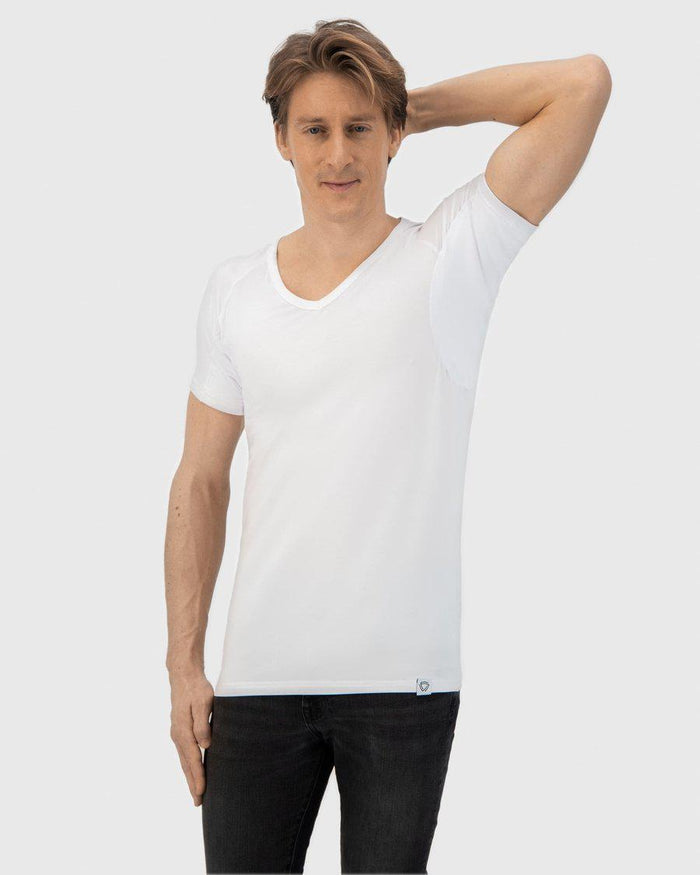

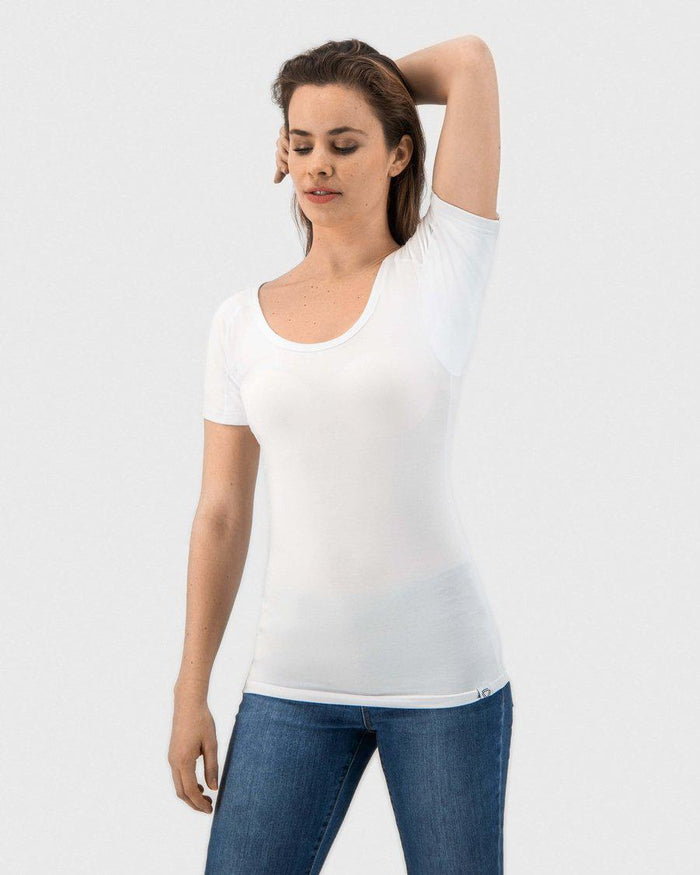

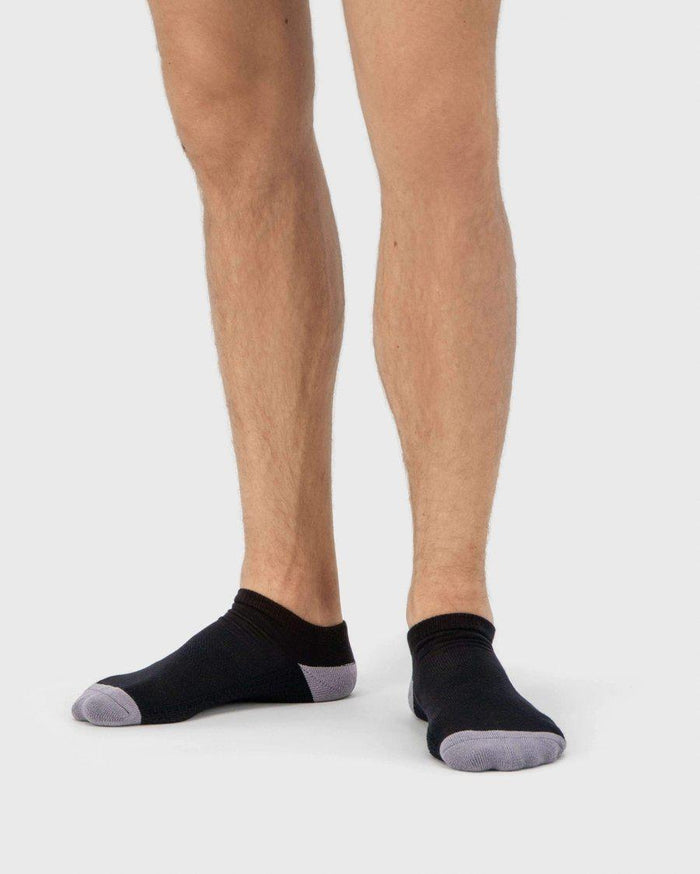

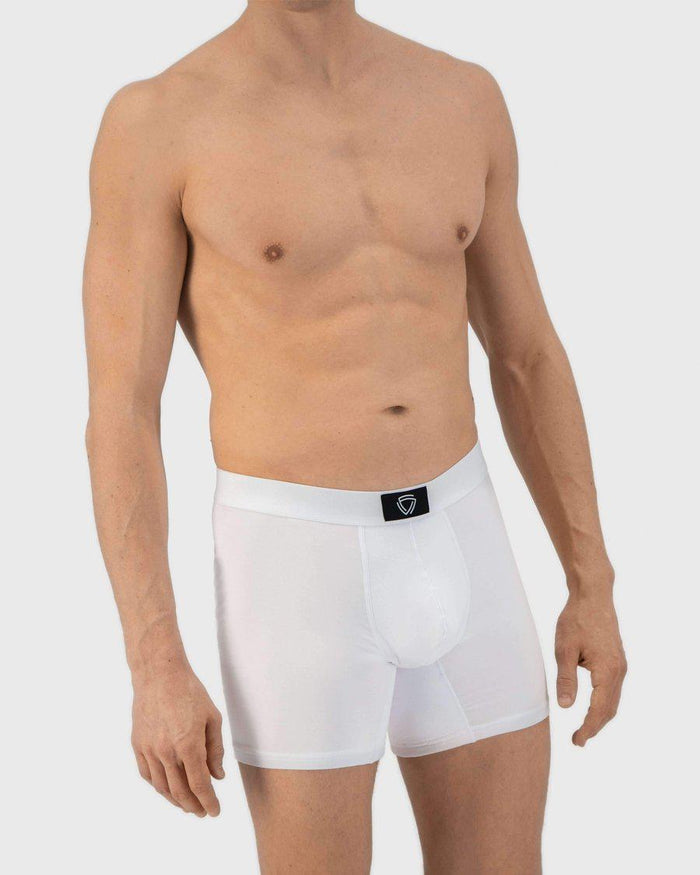



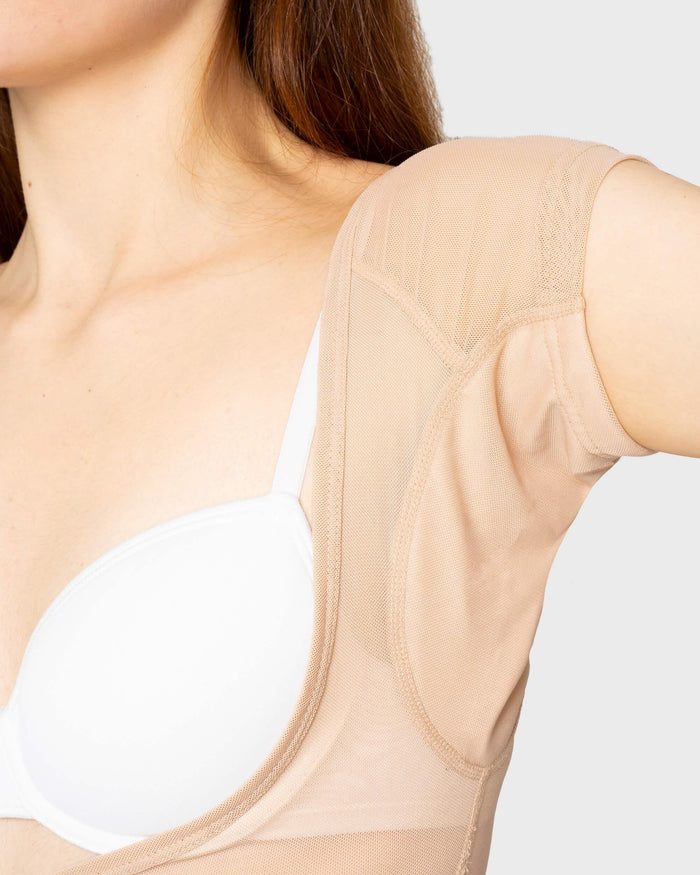
0 kommentarer